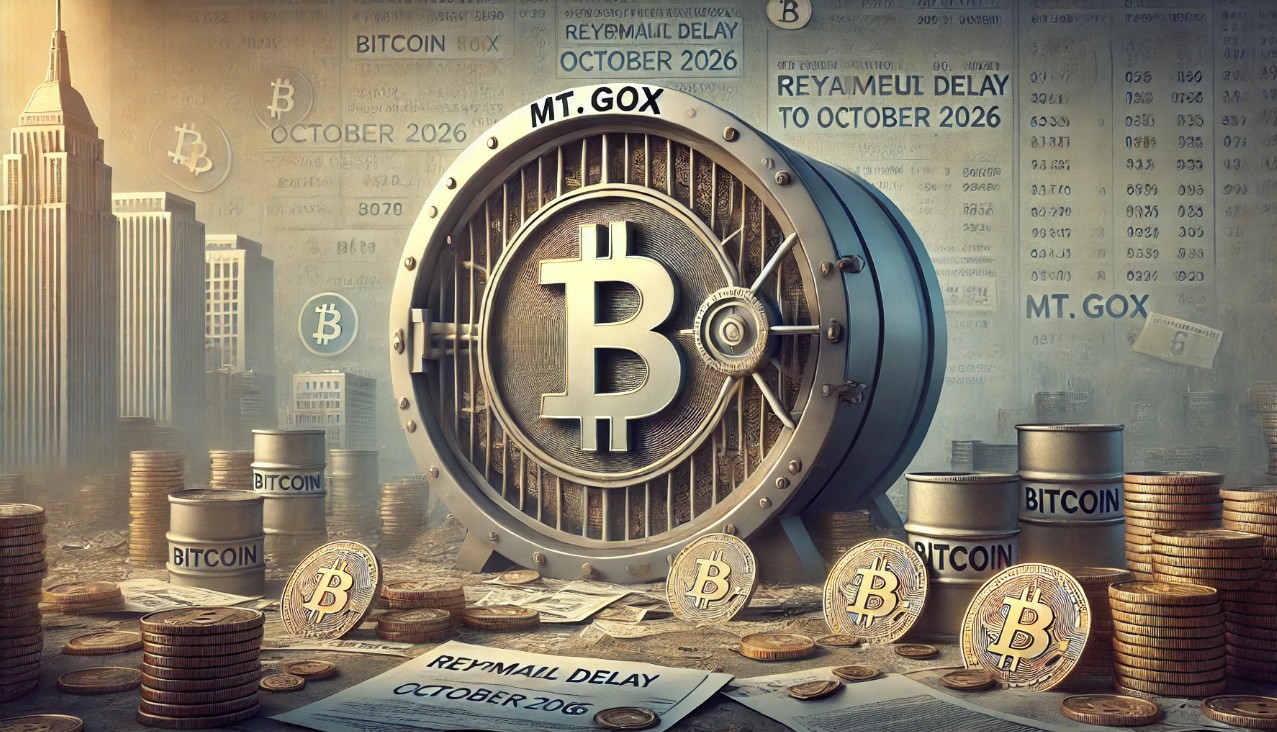
Venezuela's dependence on stablecoins linked to the US dollar could deepen amid a new threat of war, ongoing sanctions and bolivar hyperinflation.
Earlier this week, the US Department of Defense deployed its most advanced aircraft carrier to the Caribbean near Venezuela, where President Donald Trump signaled plans to launch military strikes against drug cartels operating throughout the South American country.
Trump accused Venezuelan cartels of smuggling illegal substances into the United States, leading to the opioid and drug epidemic. Venezuelan President Nicolas Maduro denied the allegations and appealed to Trump to refrain from starting a war.
JUST IN: 🇻🇪🇺🇸 Venezuelan President Nicolas Maduro says he doesn't want war with the United States.
“No to crazy war…please, please, please.” pic.twitter.com/d3XwzEiGsY
– BRICS News (@BRICSinfo) October 24, 2025
This could lead to further financial instability for ordinary Venezuelans, who rely on stablecoins like Tether (USDT) to prevent their hard-earned savings from evaporating amid triple-digit inflation in the bolivar.
Stablecoins, or what many Venezuelans refer to as “Binance dollars,” have also become widely used for everyday payments as US dollar reserves across the country dwindle.
The Venezuelan government has also turned to stablecoins to facilitate oil trade with its allies, including Russia, with which it officially established a strategic partnership on Monday.
The New York Times reported last Sunday that Maduro had managed to “rewire Venezuela’s economy to stablecoins” and arguably made it the first country to run a significant share of its public finances in cryptocurrencies.
The New York Times reported that stablecoins “now account for up to half of the hard currency that legally enters the Venezuelan economy.”
Venezuela ranks fourth in cryptocurrency adoption in Latin America
Triple-digit inflation and sanctions have contributed to Venezuela ranking as the fourth-largest cryptocurrency country in Latin America in terms of the value it received worth $44.6 billion from July 2024 to June 2025, cryptocurrency analytics platform Chainalysis reported earlier this month.
It is trailed only by Brazil, Argentina and Mexico, all of which have larger populations than Venezuela.
A Venezuelan politician is using cryptocurrencies to protect her assets
One of Venezuela's most prominent cryptocurrency users is Maria Corina Machado, a former Venezuelan presidential candidate who uses Bitcoin (BTC) to protect her assets from being seized.
She was awarded the Nobel Peace Prize earlier this month for her struggle to restore democracy in Venezuela and her peaceful resistance against Maduro's authoritarian regime.
For the first time in history, the Nobel Peace Prize has been awarded to a Bitcoin user.
Congratulations to Maria Corina Machado, as well as to @HRF Who continues to explain to the world what is so obvious to so many-
Bitcoin is human rights pic.twitter.com/92cHOieeEb
– Jeff Park (@dgt10011) October 10, 2025
Related to: Javier Miley's crypto-friendly party wins midterm elections in Argentina
Nearly 8 million Venezuelans have fled the country due to hyperinflation, food and medicine shortages, and general unrest since Maduro came to power in 2013.
Many have lost access to their bank accounts, forcing citizens to turn to cryptocurrencies and stablecoins like USDT to preserve value and move any wealth they have out of Venezuela.
magazine: Cliff Bought Two Houses with Bitcoin Mortgages: Smart…or Crazy?



